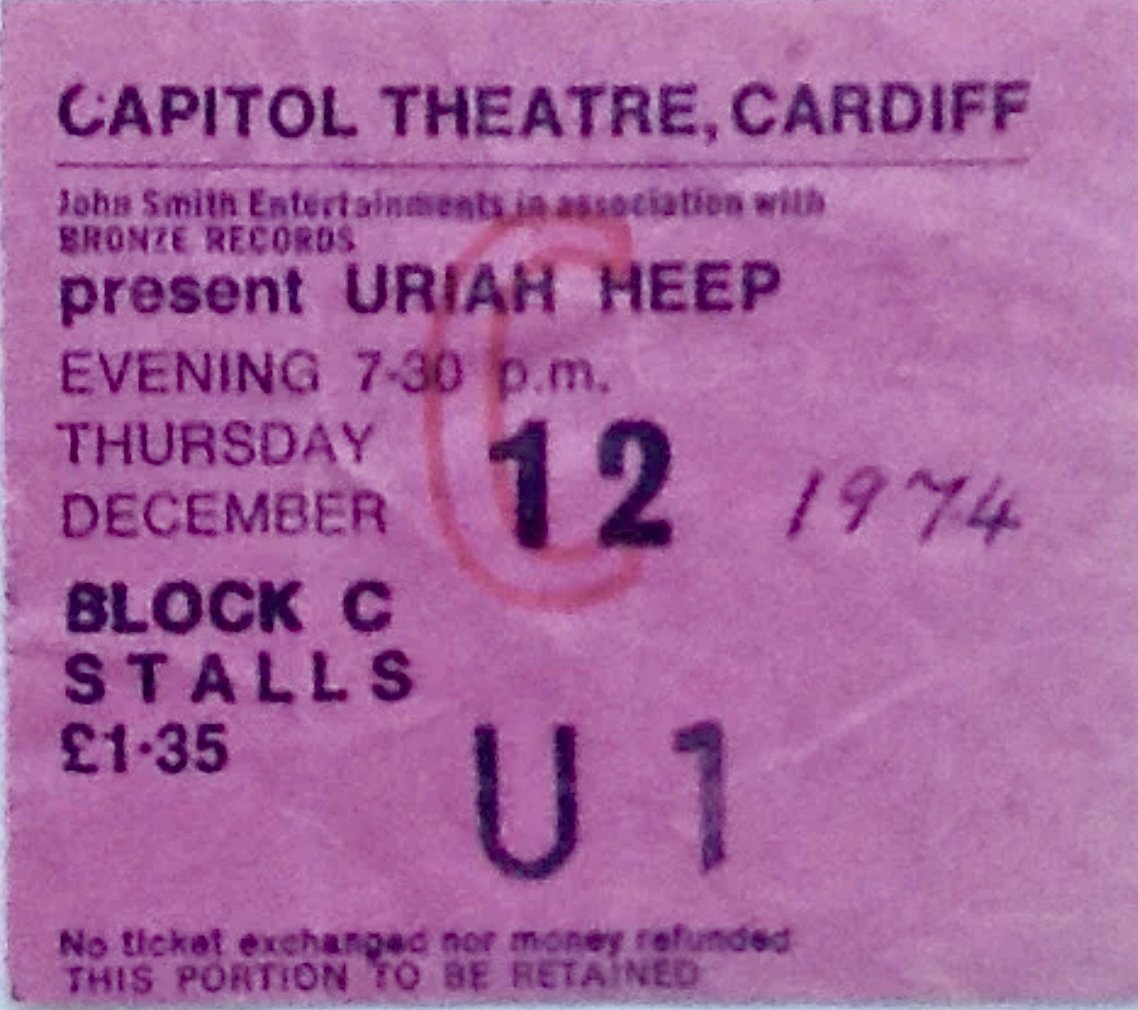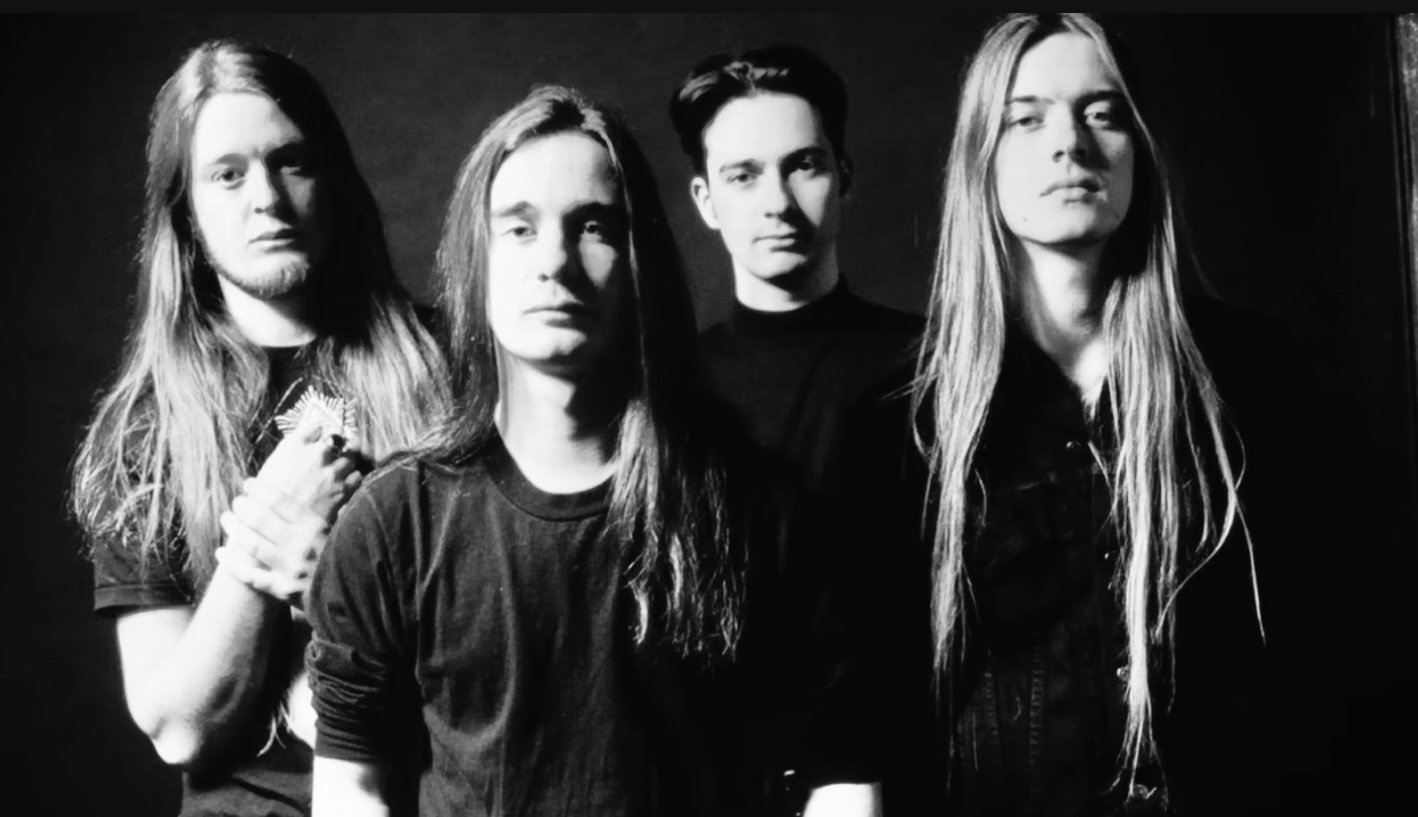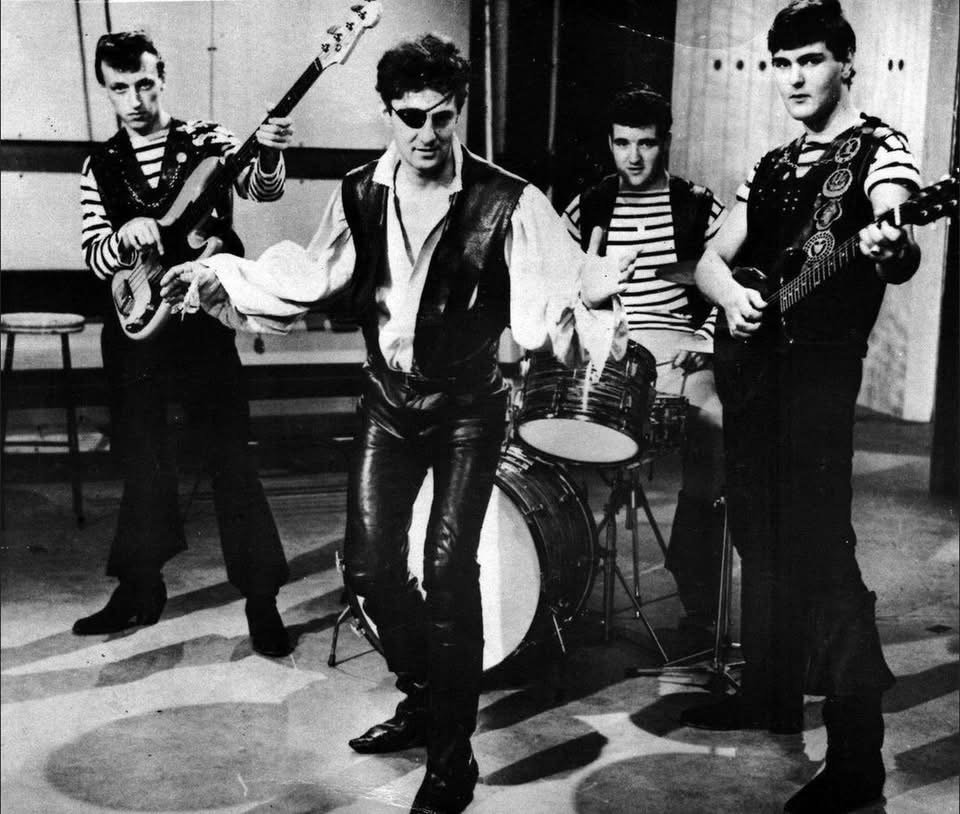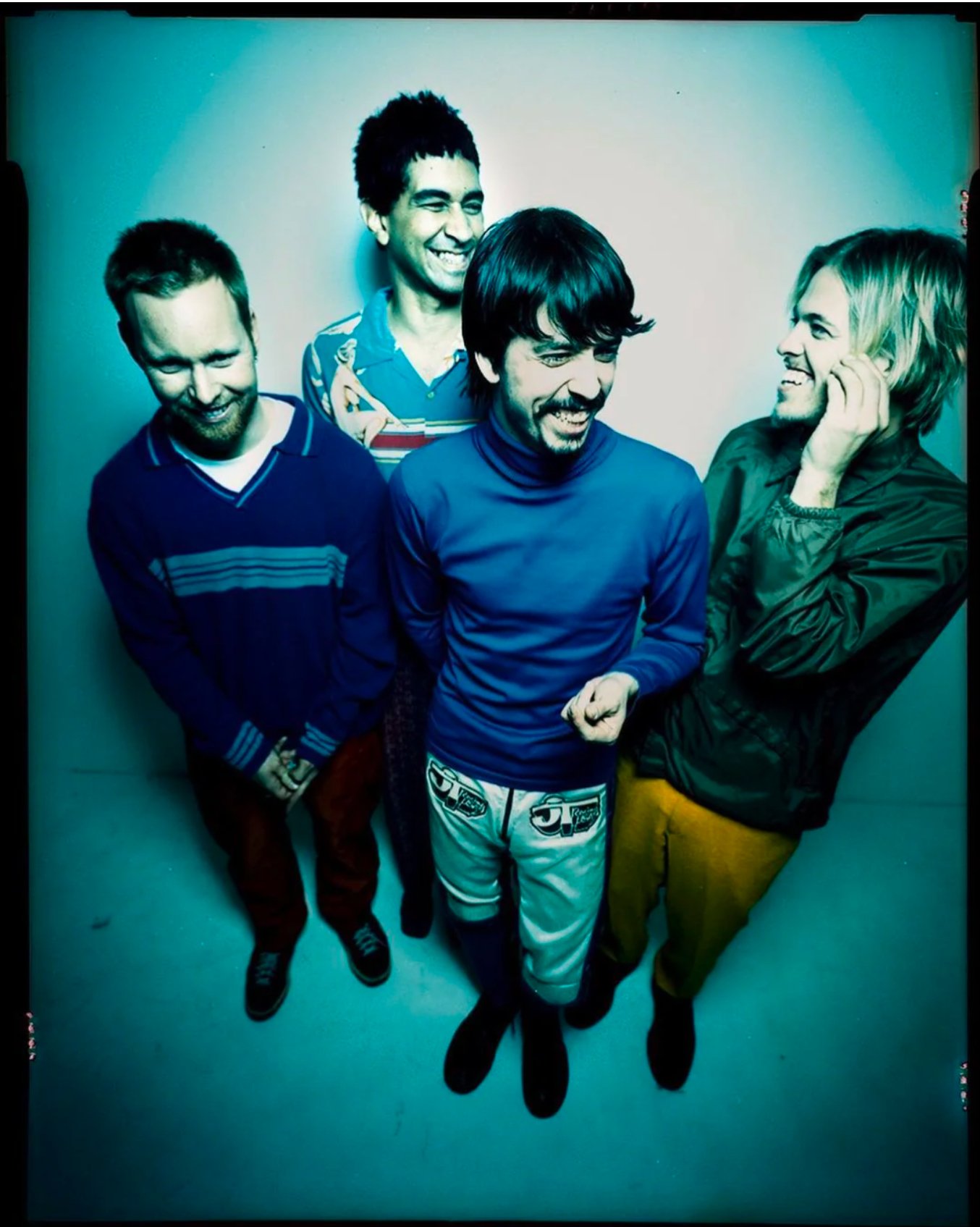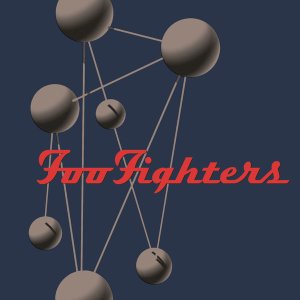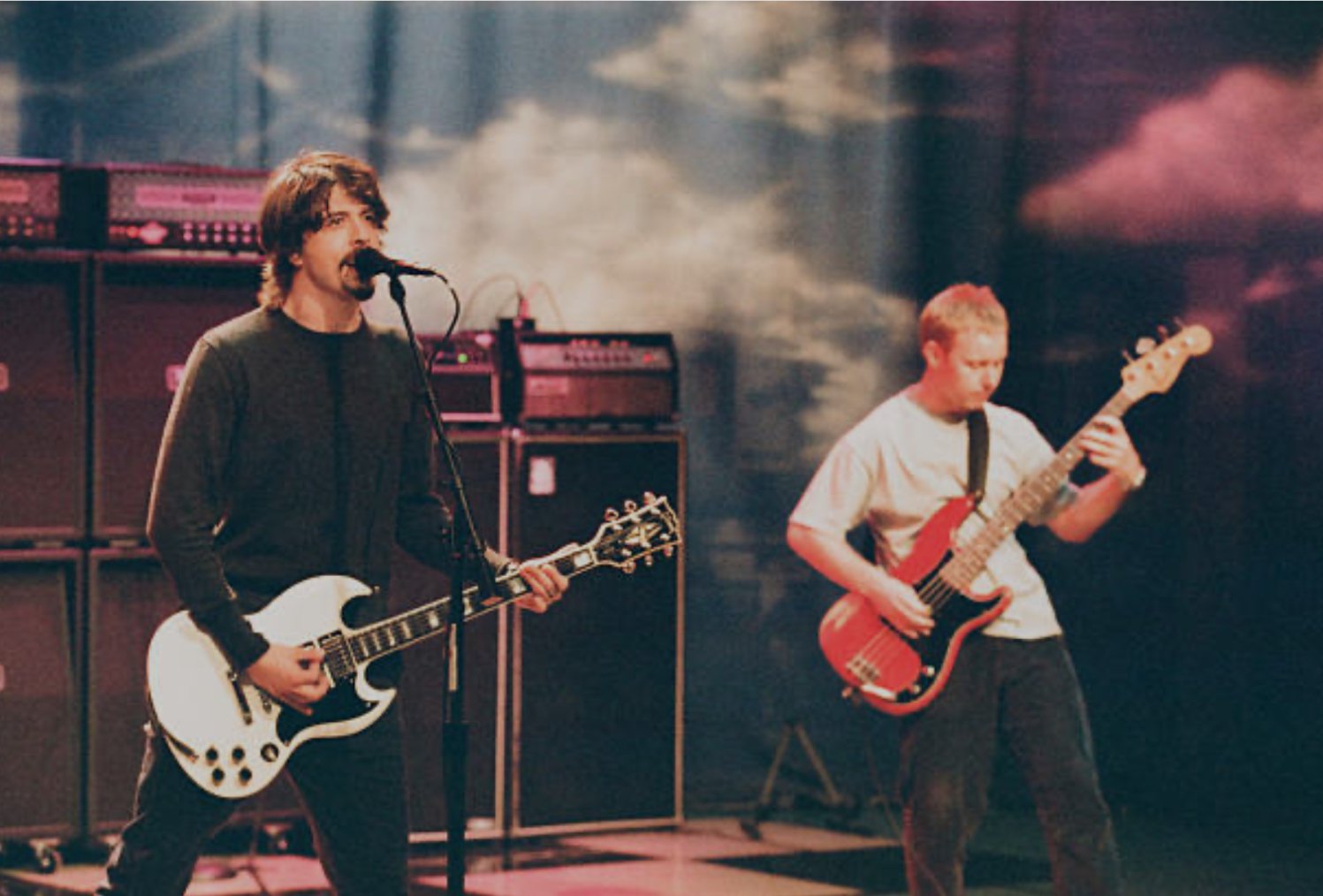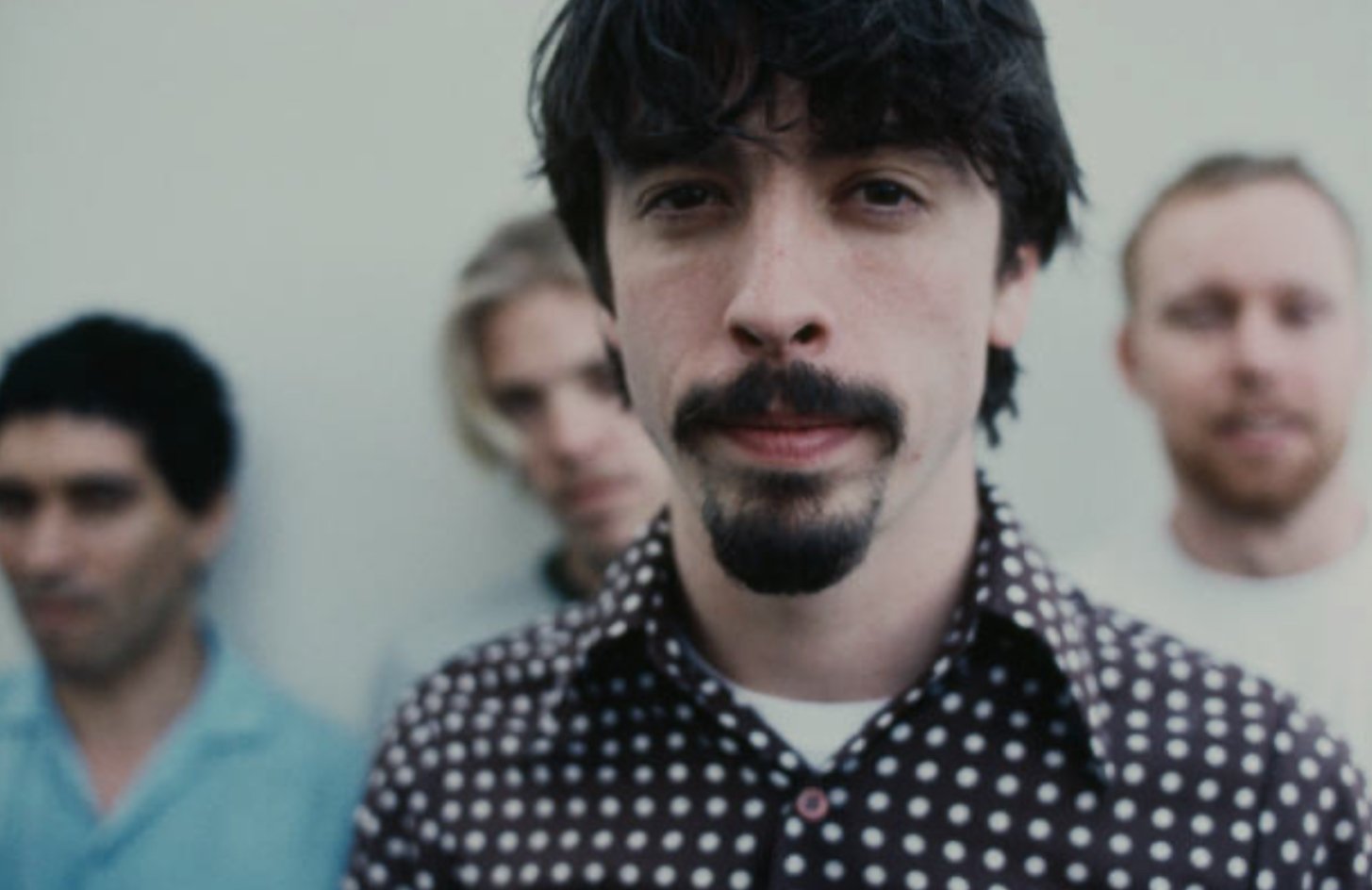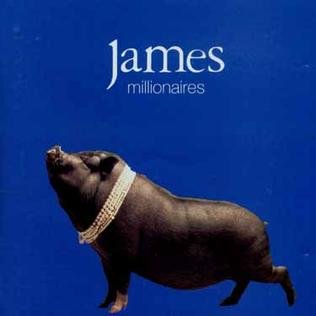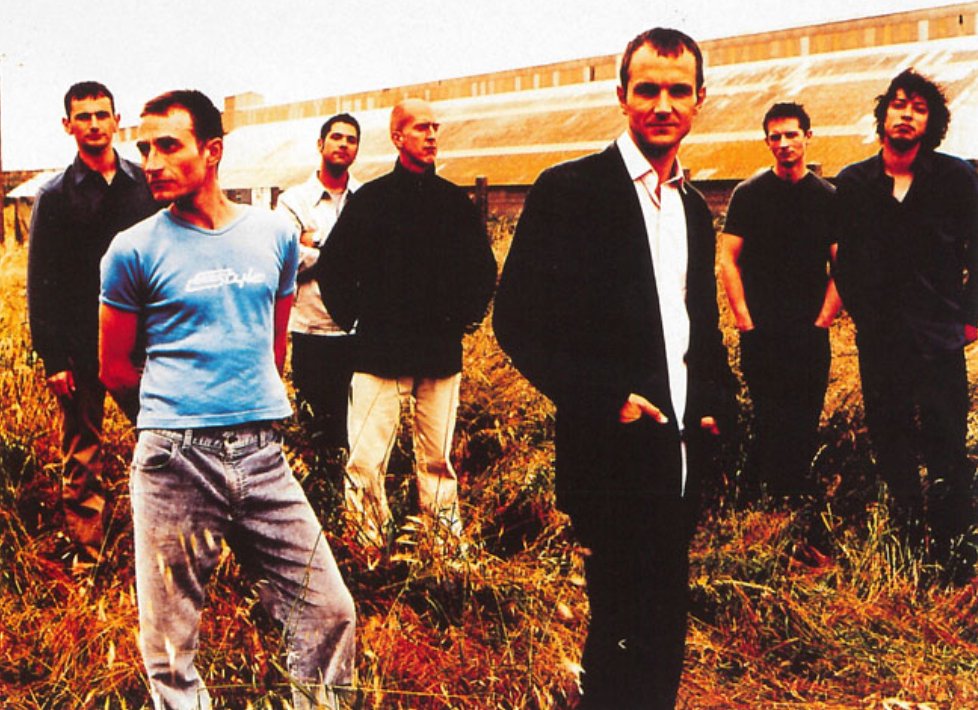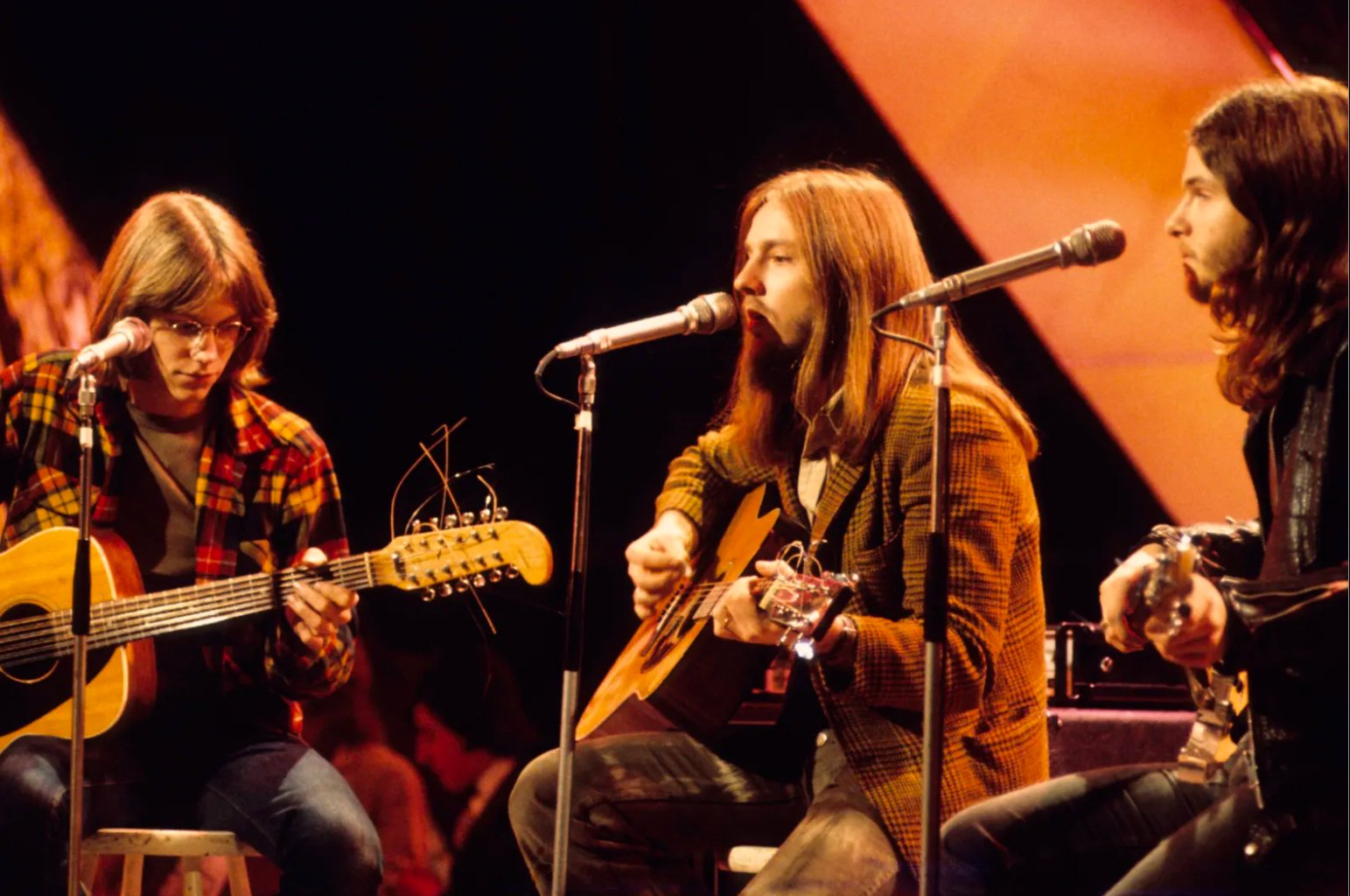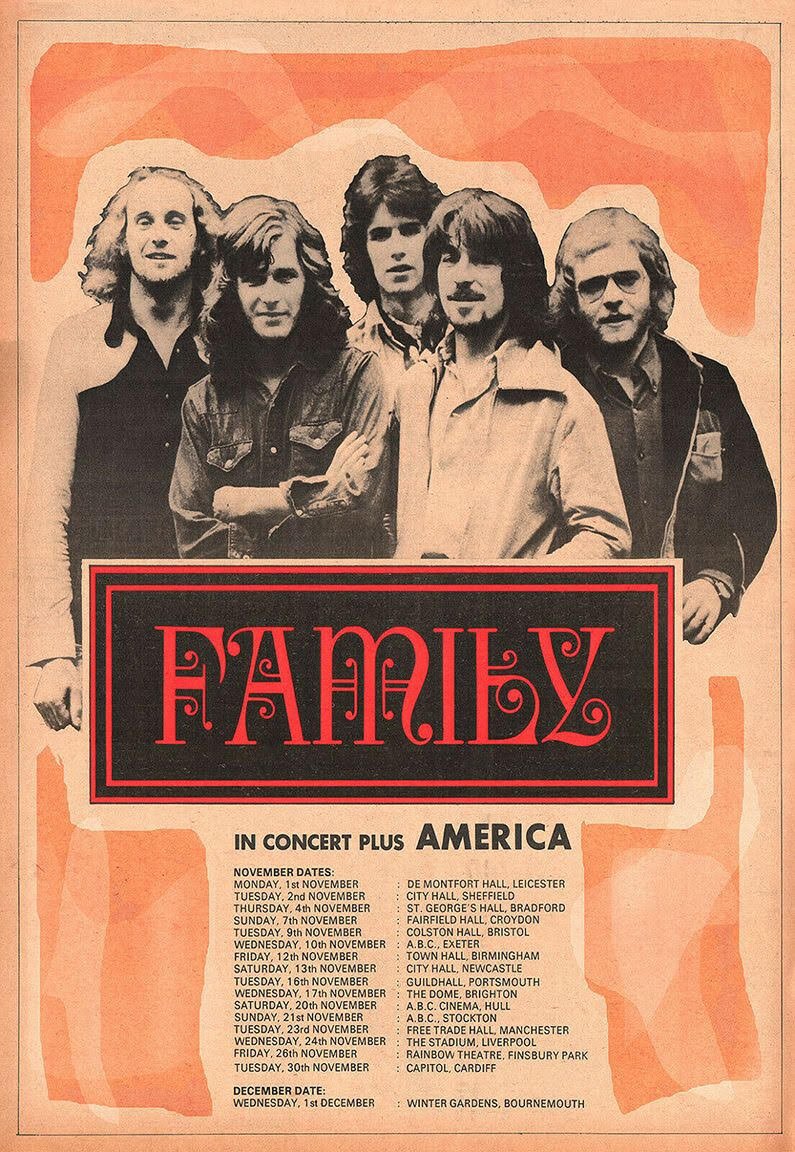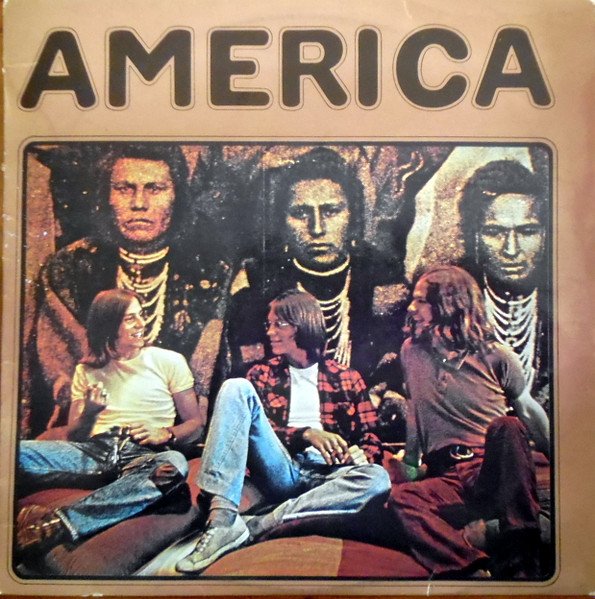Images may be subject to copyright
On this day, 12 December 1974, rock band Uriah Heep played Cardiff’s Capitol Theatre on their Wonderworld tour.
In June the band had released their seventh studio album Wonderworld, the last Uriah Heep album to feature bass player Gary Thain.
Formed in London in 1969, Uriah Heep were part of the early 1970s rock scene and have been referred to as major pioneers of the hard rock, heavy metal, and progressive rock genres.
Recorded in Munich's Musicland Studios in January, disappointed fans and band members alike. "Recording abroad disrupted the band's normal method of operation and that had a big negative effect on the group. Our communication was falling apart, we were arguing over stuff like royalties and we were getting involved in matters beyond music", keyboard player Ken Hensley said.
Guitarist Mick Box remembered weeks spent in the studio as "dramatic" for all the wrong reasons. "David (Byron) was drunk for most of the time, Kenny was having an emotional time of it and I was constantly trying to help them so it was difficult for me too. There was also a little bit of friction because (artistic) Kenny didn't like all the attention that (flamboyant) David was getting."
Gary Thain was in even more serious trouble. According to Blows, "A strenuous touring schedule, compounded by the bassist's heavy drug dependency (inherent even before joining Heep) was taking its toll, though matters came to a head while on tour during September", when the bassist received a serious electric shock on stage in Dallas during a gig at Southern Methodist University’s Moody Coliseum on 15 September 1974.
The rest of the US tour was then canceled and their UK dates rescheduled. Soon after going out of hospital, Thain, in Sounds, openly accused manager Gerry Bron of having turned Uriah Heep into a mere "financial thing" and was fired two months after the group's final gig of 1974 at New Theatre in Oxford on 14 December. A year later, on 8 December 1975, Gary Thain was found dead in his Norwood Green home, having overdosed on heroin.



